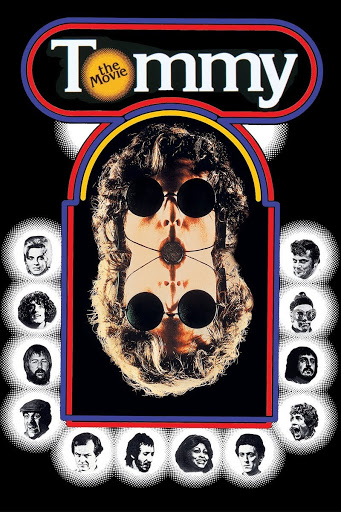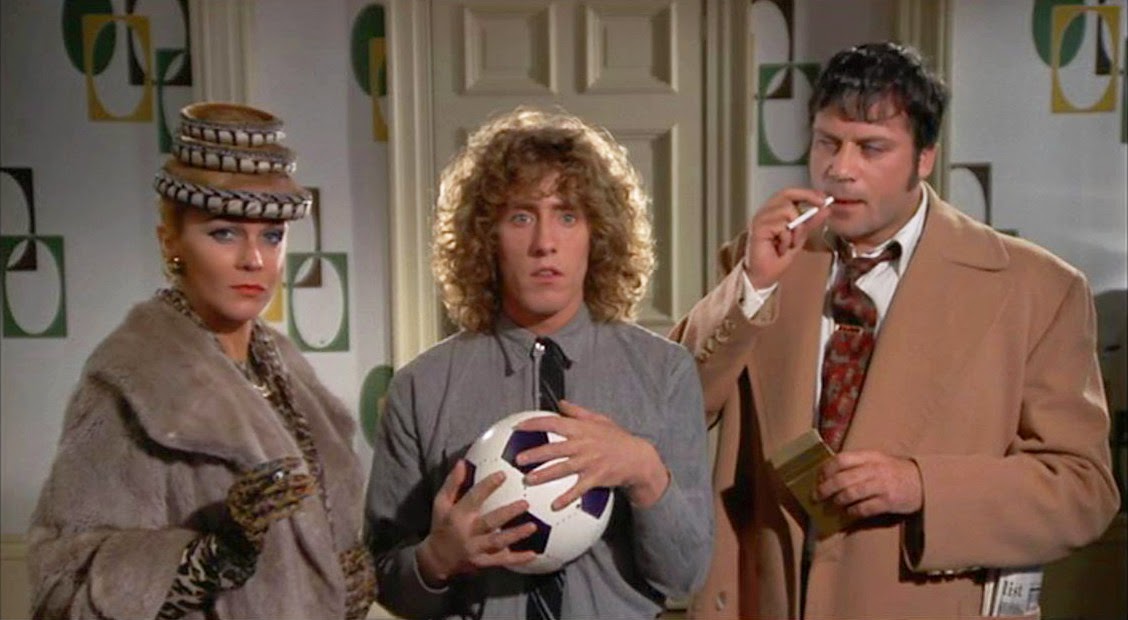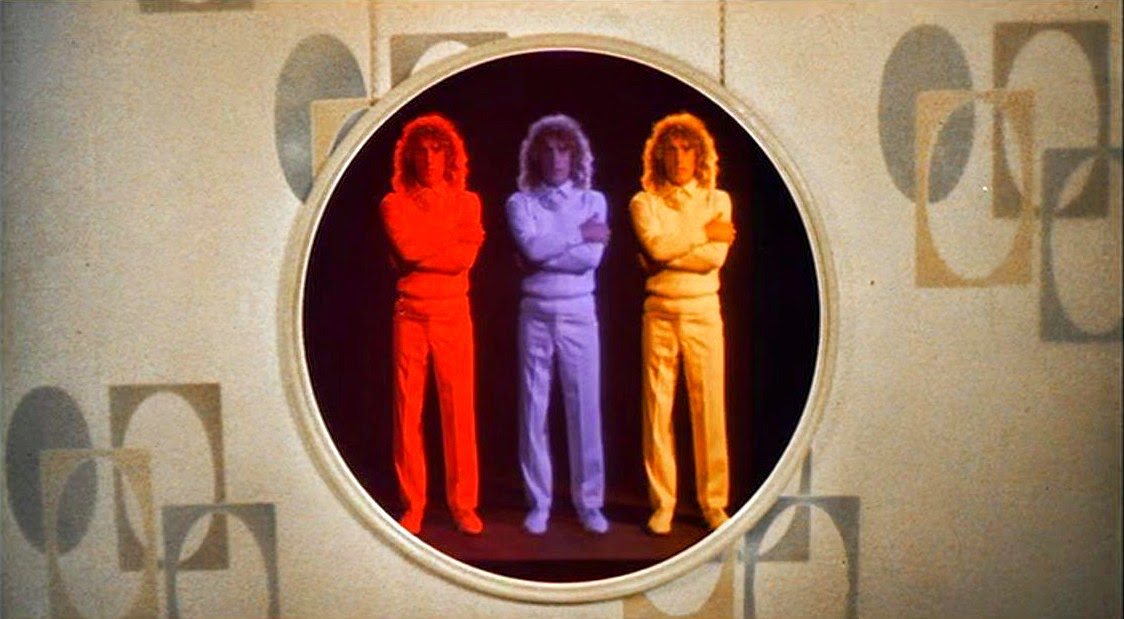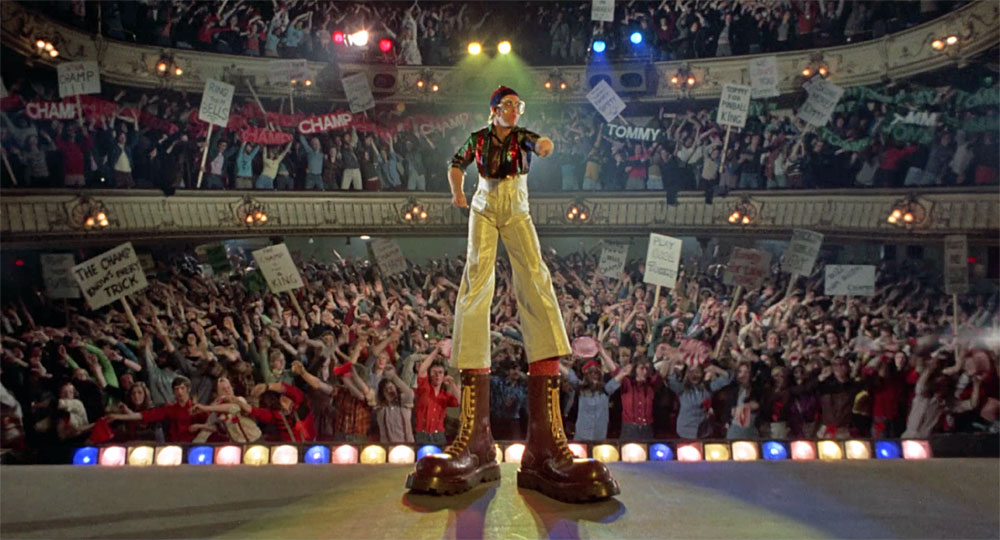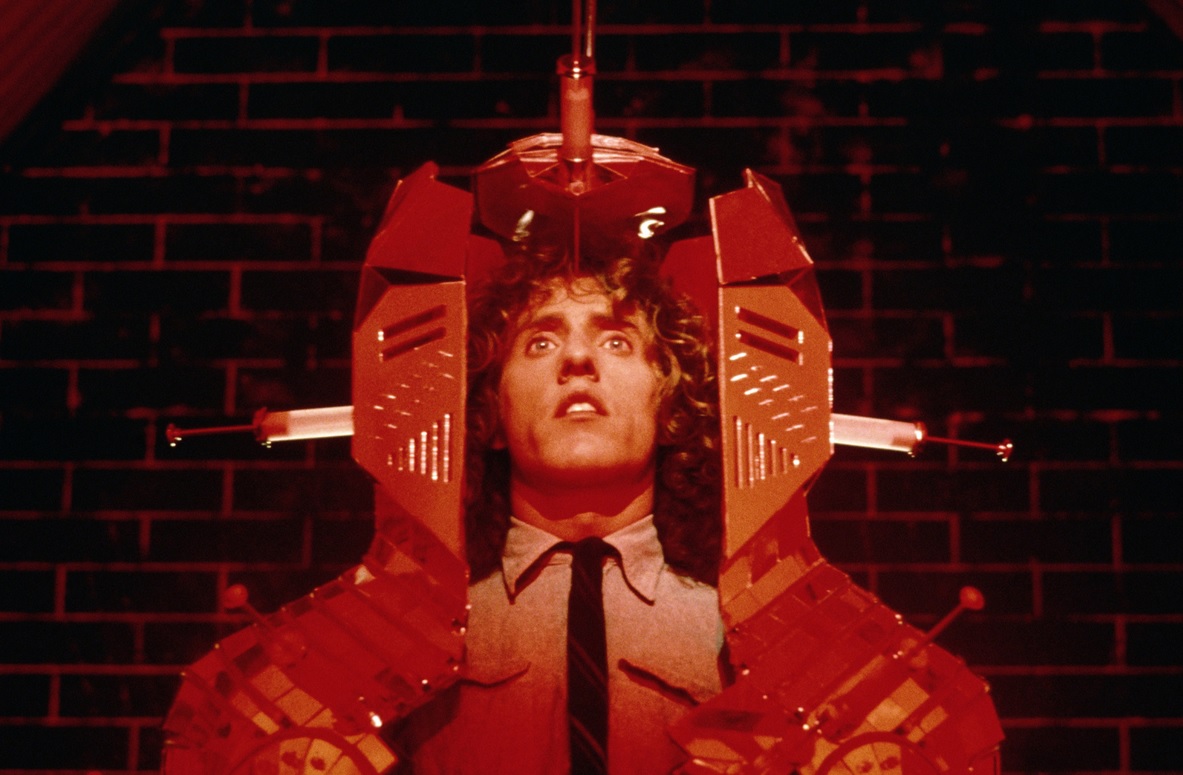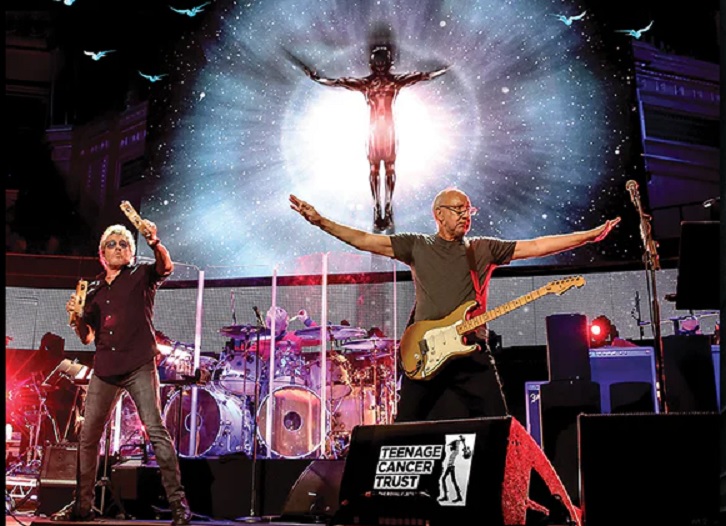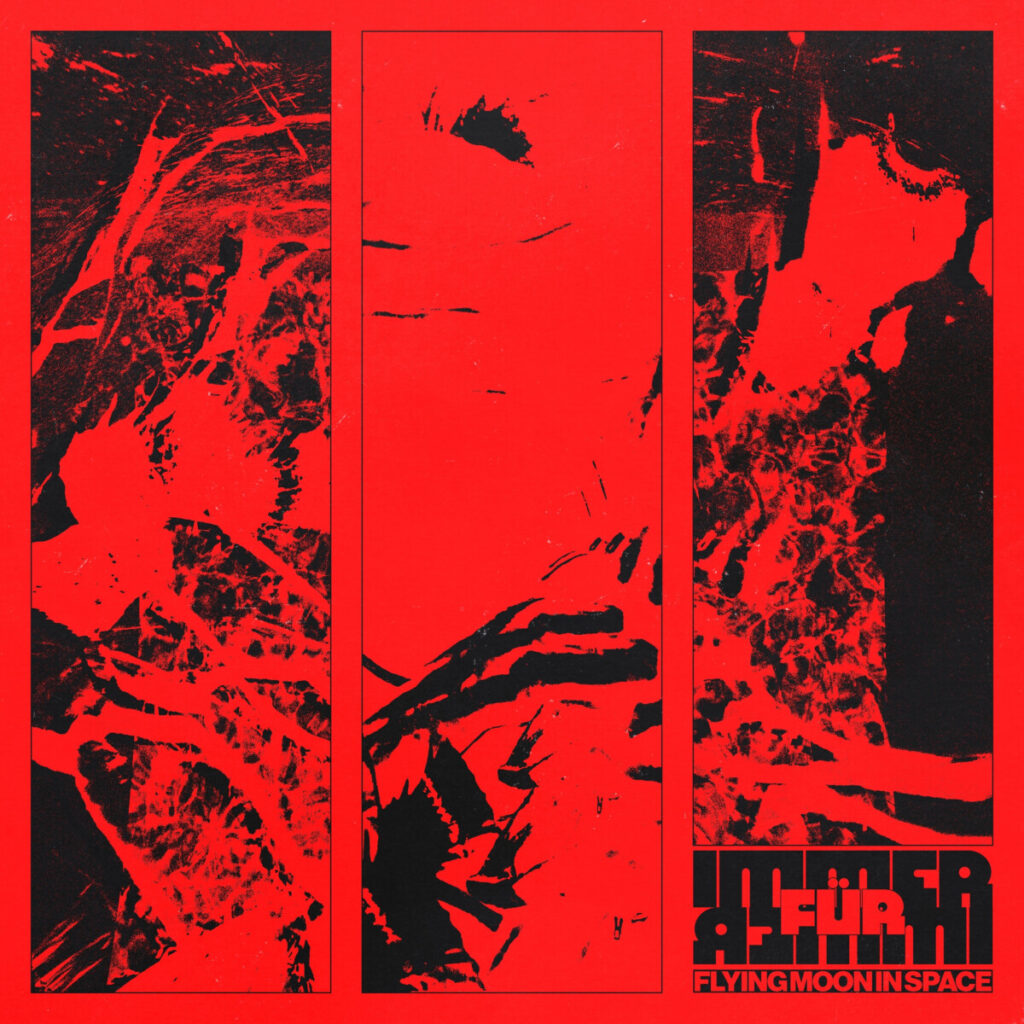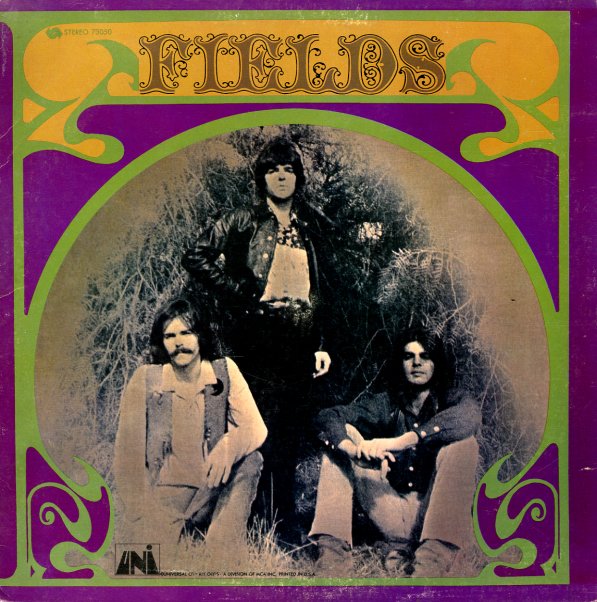Psychotropic Cinema: Tommy
Psychotropic Cinema: Tommy
TOMMY
Directed by Ken Russell, 1975
Ken Russell indelibly stamps his mark all over this interpretation of Pete Townsend’s surreal rock opera, telling the now-legendary story of Tommy Walker, who becomes deaf, dumb, and blind as a child in response to trauma, then becomes a modern messiah by way of winning at pinball. In the end, his followers revolt, destroying his empire and his family.
The Who released the double LP of Tommy in May 1969, and only performed it live onstage in its entirety a few times. The album was seen as groundbreaking, although some critics complained about its pretension. The story or plot was always rather undefined and alluded to. When the opportunity came to make the movie version, director Ken Russell — the British enfant terrible — took the helm as director.
His earliest films attained his signature style: overwrought, almost operatic emotion and striking visual motifs. By 1974, he had made a name for himself as a visionary director with a postmodern sensibility. The two films he directed in 1971, The Boyfriend and The Devils, couldn’t be more different — but each are unequivocally Russell films. After those triumphs, he made a series of provocative biographies of famous composers. Tommy was made in this cultural context.
Columbia Pictures / Hemdale Film Corporation
The screenplay, credited to Russell, does an excellent job of filling out the story beats and streamlining the plot points. Russell updated the album’s timeframe by a generation, changing 1921 to 1951 and aligning Tommy’s journey with Daltrey’s age at the time. At Russell’s urging, Townshend wrote new songs and snippets of narration lyrics, and fleshed out the story, giving it a framework and context (missing from the 1969 album) to tell Townshend’s story.
In essence a long-form music video, Russell makes good use of the opera’s lack of dialogue or VO narration, conveying the story through a potent combination of striking visual compositions and The Who’s music & lyrics, beefed up considerably with mid-70s synths. The piano playing throughout the film is performed by the great Nicky Hopkins. As for the plot: while the revisions and connecting lyrics explain the beats, it’s best not to linger too long on the details, because the central dramatic problem with the story is that the instigating trauma that turns Tommy to helplessness is pretty unforgivable.
Captain Walker, Tommy’s father, is a pilot whose plane is shot down in the final days of World War II and is MIA, presumed dead. Six years later, he somehow makes it back to his wife and son’s new home, where Tommy’s mother and her new lover Frank kill Tommy’s father, after he finds them together. Tommy witnesses this, and the trauma renders him senseless. In the universe of the film, mom and “Uncle” Frank receive no punishment (unless you consider what happens to Tommy to be their punishment) and Tommy’s deaf/dumb/blindness is just accepted — until it isn’t.
Columbia Pictures / Hemdale Film Corporation
The film features several musical setpieces, multiple cameos, the music of The Who, and Russell’s eye for compelling images. There is a repeated motif of silver balls and poppies, mirrors, and even identical twins. What makes the film compelling is the absolute commitment given by Ann-Margret and Oliver Reed. To some, Reed’s off-key singing is considered a detriment to the film; but to me, it makes perfect sense for Frank and conveys so much emotionally through his phrasing.
As one example: listen to the way he says “If you could feel this silken thigh, you’d know….” in the Holiday-Camp song which introduces his character. His fourth-wall-breaking, salacious humor adds complexity to Frank, and he grounds Russell’s fantastic visuals with some grit. Ann-Margret is all in — not only does she sing, she acts her heart out, dances unforgettably, and infamously swims in a literal pool of bubbles and baked beans. For her efforts, she earned a Supporting Actress Oscar nomination.
Some of the choices Russell makes throughout are confounding, but all of them are fascinating. There’s “Eyesight to the Blind,” the lone track from the LP that is a cover — a Sonny Boy Williamson blues standard. Russell has Tommy and his mother attend a church/cult where statues of Marilyn Monroe are worshipped. Russell uses actual disabled people as extras, and there’s something unsettling watching them awkwardly act out the healing ritual. In this cult, Eric Clapton begins the song which is then taken into the stratosphere by Arthur Brown, dispensing a communion of whiskey & pills while shrieking like a banshee.
There’s “The Acid Queen” with an unforgettable performance from Tina Turner, twitching within a fisheye lens, and strange imagery that doesn’t match the lyrics. Her Acid Queen doesn’t dispense LSD but rather cartoon oversized syringes, which can only mean heroin (especially paired with the repeated images of poppies).
Elton John has the best cameo as the Pinball Wizard, and his version of the song arguably bests the original. I am particularly fond of Jack Nicholson’s cameo as the doctor—his flirtation with Ann-Margret is over-the-top but also echoes the pair’s dynamic from Carnal Knowledge, the Mike Nichols drama they made together in 1970.
Columbia Pictures / Hemdale Film Corporation
As for the four members of The Who? Townshend and bassist John Entwistle play themselves both in “Eyesight to the Blind” and “Pinball Wizard,” as well as when Tommy sings to his disciples. Keith Moon is in there too as himself, bashing away at the drums, and he also plays Uncle Ernie. The scenes of Tommy’s suffering land differently in the film, and certainly elicit different reactions in 2025 than it did 50 years ago, especially the physical abuse of Cousin Kevin (Paul Nicholas) and the sexual abuse (played for laughs) of Uncle Ernie; Moon is believably slimy. When you start to analyze the story, its darkness comes through. Townshend was working through some issues, to be sure.
Of course, Roger Daltrey shines as Tommy, who doesn’t even appear on screen until thirty minutes into the film and doesn’t sing a note until twenty minutes after that. Once Tommy breaks out of his psychosomatic catatonia, Daltrey is on fire. His singing is stronger & more robust than the ’69 album, and he adapts well to Russell’s style. Indeed, Daltrey starred in Russell’s next film, the uniquely bizarre Lisztomania, recasting composer Franz Lizst as a nineteenth-century rock star.
Columbia Pictures / Hemdale Film Corporation
Is the film psychedelic? Most assuredly — the visuals alone mark the film as psychotronic. While The Who did release multiple psychedelic songs throughout their career (“I Can See For Miles”), the music of Tommy is not particularly trippy. Viewers who are enhanced will certainly find much to enjoy, even if the film specifically references bummers like Marilyn’s overdose. Moments before his followers turn on him, Tommy even calls out pot-smokers, telling them: “You missed the bus!” In this instance, I prefer the original album’s lyrics: “Hey you smokin’ mother nature / This is a bust!”
My two favorite sequences: “Amazing Journey,” which uses trippy, pop art-inspired animation to illustrate Tommy’s childhood with some startling imagery: the ‘T’ of Tommy turning into a cross, poppies bleeding red, pinballs bouncing off of crosses, and Tommy’s father crucified on his airplane. The other is “Sally Simpson,” itself a self-contained mini-movie telling the story of an obsessed groupie who tries to meet her idol Tommy at his concert. Little Sally is played by Russell’s own daughter Victoria, and Russell pays particular attention to all the details and nuance of the song.
Tommy is available to rent on multiple streaming platforms, and several DVDs/Blu-ray formats exist. A special 50th anniversary 4K UHD remaster was released earlier this year by Shout Factory.
Jeff Broitman is an actor, frequent writer, and longtime contributor to Psychedelic Scene and the recurring Psychotropic Cinema film review series
Gallery
Recent Articles
Vinyl Relics: Fields by Fields
•
February 10, 2026
A Tale of Crescendo ~ Epilogue
•
February 7, 2026

Loading...
Vinyl Relics: Would You Believe with Billy Nicholls
- Farmer John
